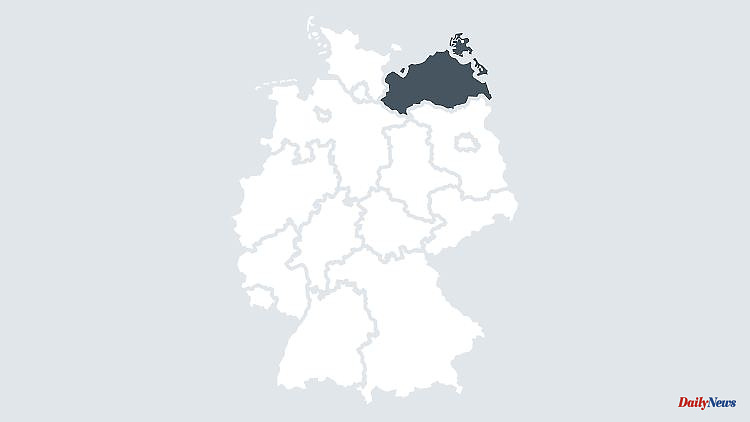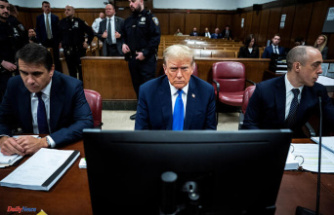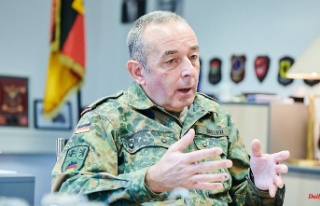On Monday and Tuesday, Mecklenburg-Western Pomerania's state cabinet and staff want to consult and hold talks in Brussels. That provokes criticism. There is talk of "traveling circus at the expense of taxpayers", "lack of instinct" and "cheeky class trips".
Schwerin/Brussels (dpa/mv) - The state cabinet of Mecklenburg-Western Pomerania will be in Brussels for two days from Monday. In addition to an external cabinet meeting on the state government's energy and European policy on Tuesday, talks with top EU representatives are scheduled.
Meetings are planned with, among others, the President of the European Parliament, Roberta Metsola, the EU Commissioner for Social Affairs and Labor, Nicolas Schmit, and the President of the European Committee of the Regions, Vasco Cordeiro. On Monday evening, a reception entitled "MV meets Europe" will be held at the state representation of Mecklenburg-Western Pomerania at the European Union. At the end of the visit, Prime Minister Manuela Schwesig and Interior Minister Christian level (both SPD) want to visit the NATO headquarters.
The trip was criticized by the taxpayers' association and the opposition in the state parliament. The deputy state chairwoman of the taxpayers' association, Diana Behr, called the trip "instinctive" in view of inflation and people's fears for the future. The FDP parliamentary group leader in the state parliament, René Domke, spoke of a "travelling circus at taxpayer expense". The parliamentary director of the CDU parliamentary group, Sebastian Ehlers, said the trip looked like a "cheeky class trip".
The decisions of the EU are of great importance for the development of Mecklenburg-Vorpommern. According to the state government, the state is expected to receive 1.9 billion euros from European funds in the current funding period up to 2027. The money is available, among other things, to promote regional development and social projects. The largest recipient of EU funds is agriculture, which receives around 2 billion euros in area-related subsidies in addition to the agricultural fund of 653 million euros.












